The day when Jesus was dead
Written by Angelika Bocchetti
Have you ever explained what Easter is all about to someone and said something like: ‘On Easter we celebrate that Jesus died for us and rose again’? Last year, when Holy Week was getting closer, I realised that this was how I thought about Easter. I didn’t really know what to do with Holy Saturday, the day that is awkwardly there between Good Friday and Easter Sunday. For me it was usually a day in which I just ran errands and possibly started preparations for a big lunch and family celebrations on Easter Sunday. But when I started reading some texts about Holy Saturday it struck me that this must have been the worst day in the lives of Jesus’ disciples!
Everything they had believed in died. Jesus was dead. Not dying, not being resurrected, but simply dead. Sure, had they listened to what Jesus said to them before, they could have had hope for a resurrection, but they didn’t. They had spent their last years following this man, putting their hopes in him and now it was over. I looked through the four gospels to see if any of them could tell me what Jesus’ disciples were doing on that day, but Luke gives the most detailed account:
‘On the Sabbath they rested according to the commandment.’
When we celebrate Good Friday, we contemplate Jesus’ death while knowing about his resurrection. For the disciples, Holy Saturday must have been a day on which they could not see the light at the end of the tunnel. When everything you have built your life on dies, there is only darkness. Dermot Power describes this well:
We who know the ending of the story know that Jesus, as the creeds put it, ‘descended to the dead’ and rose the next day. Holy Saturday might be a day of joyful expectation. But many of us have times in our life, and might be in such a time now, in which we do not see the resurrection, but only death. We read in Ephesians 1:19-20 that the same power that raised Christ from death is at work in us, but often, when we have lost everything, when we are facing profound mental health challenges, when the world seems to be falling apart, we cannot sense that power.
I am not sure how restful the disciples’ sabbath was on that Holy Saturday. It may have seemed forced, a silence that is not restful, but deafening, screaming that all is lost. While Easter Sunday gives us hope and joy, Holy Saturday can remind us that many of us still don’t know about the resurrection. We might have heard about it and might even confess it to be true, but we may not know it deep down in our bones. This is why we can spend this Holy Saturday, remembering those that are still stuck in the tunnel. Those that are stuck in their homes during the Covid-19 crisis and those who may have been stuck long before that. And if we are the ones feeling like that, we can know that today we are not alone in our silence. Today, while it seems like nothing is going on, Christ descended to the dead and proclaimed the good news to them (1 Peter 3:18-20).
As we pray in the liturgy of the stations of the cross:
Lord Jesus, Lord of life, you became as nothing for us:
be with those who feel worthless and as nothing in the world’s eyes.
You were laid in a cold, dark tomb and hidden from sight:
be with all who suffer and die in secret,
hidden from the eyes of the world.
To you, Jesus, your rigid body imprisoned in a tomb,
be honour and glory with the Father and the Holy Spirit,
now and for ever.
Amen.
